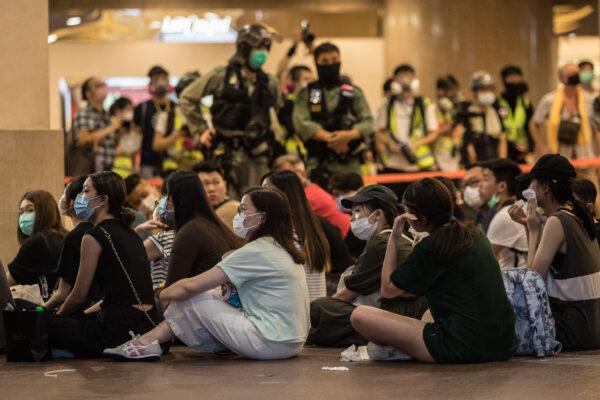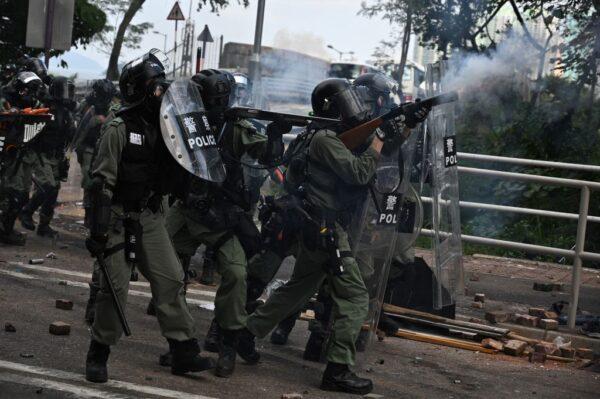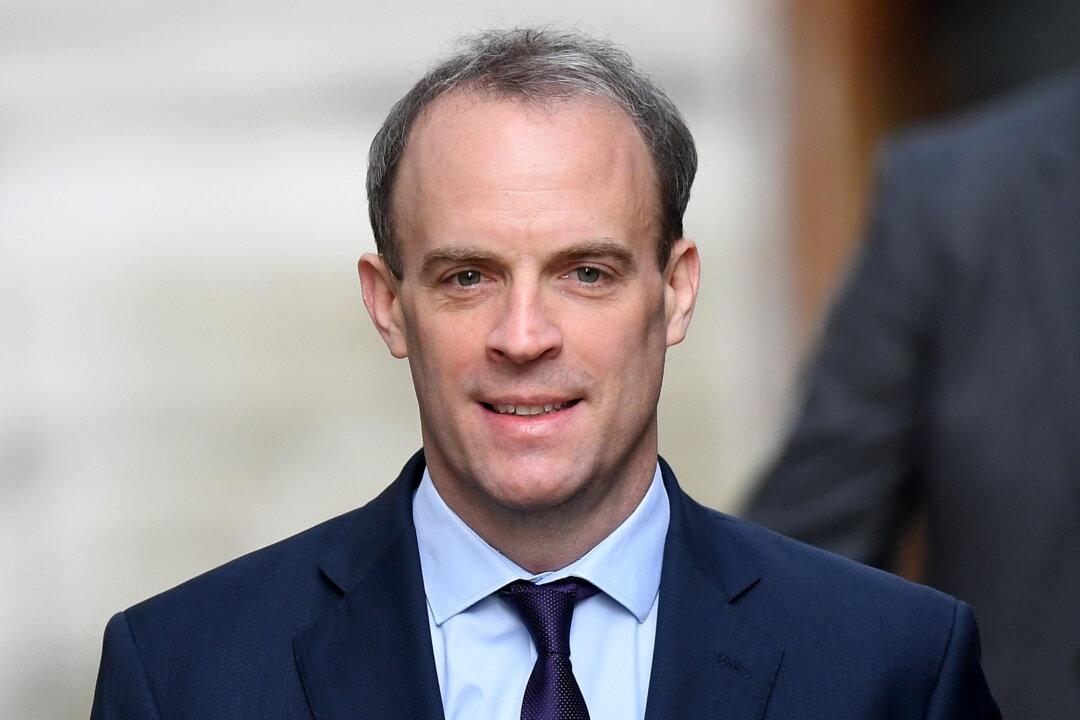The United Kingdom has suspended its extradition treaty with Hong Kong following Beijing’s imposition of a draconian national security law on the former British colony, Foreign Secretary Dominic Raab said.
“The government has decided to suspend the extradition treaty immediately and indefinitely,” Raab told the House of Commons on July 20, because “the imposition of this new national security legislation has significantly changed key assumptions underpinning our extradition treaty arrangements with Hong Kong.”
The national security law, which went into effect on June 30, criminalizes individuals for any acts of subversion, secession, and collusion with foreign forces against the Chinese Communist Party (CCP) regime, with a maximum penalty of life imprisonment.

Raab also announced that the UK is imposing an arms embargo on Hong Kong.
“Given the role China has assumed for internal security of Hong Kong and the authority it is exerting over law enforcement, the UK will extend to Hong Kong the arms embargo that we’ve applied to mainland China since 1989,” he told Parliament.
Under the new rules, the UK will ban exports to Hong Kong of any potentially lethal weapons, components or ammunition, and any equipment that might be used for internal repression, such as shackles, detective equipment, firearms, and smoke grenades.

“The United Kingdom is watching, and the whole world is watching,” Raab said while pledging to lead the international response to the situation in Hong Kong.
“We will continue to play a leading role in engaging and in coordinating our actions with our international partners as befits our historic commitment to the people of Hong Kong,” he said.
Lisa Nandy, the shadow foreign secretary of the opposition Labour party, said Labour “strongly” supports the government’s new measures, and thanked Raab “warmly” for taking the steps forward.
But she urged the government to go further by imposing Magnitsky sanctions on Chinese and Hong Kong officials responsible for human rights abuses and reviewing Chinese involvement in British nuclear power projects.





